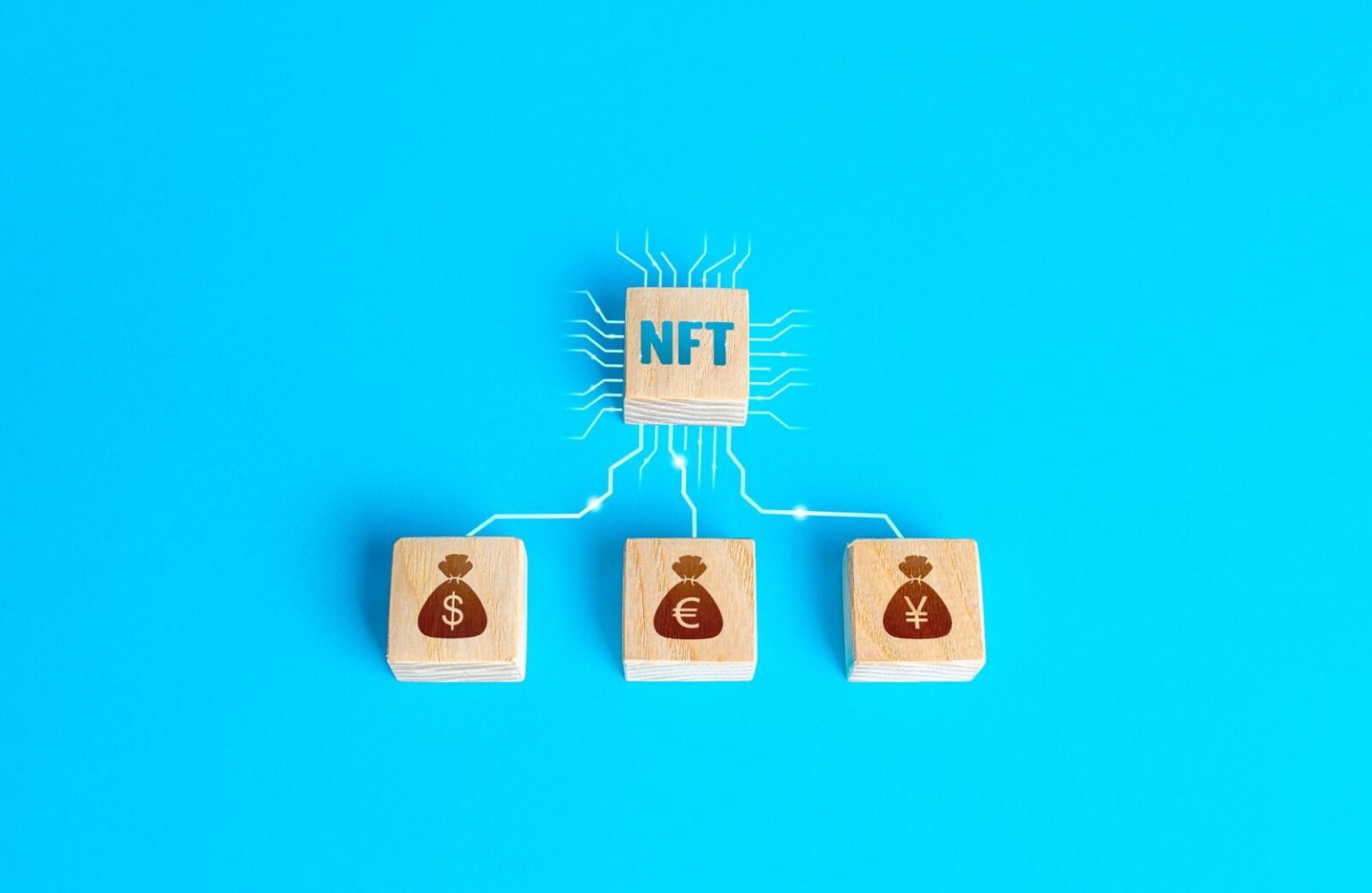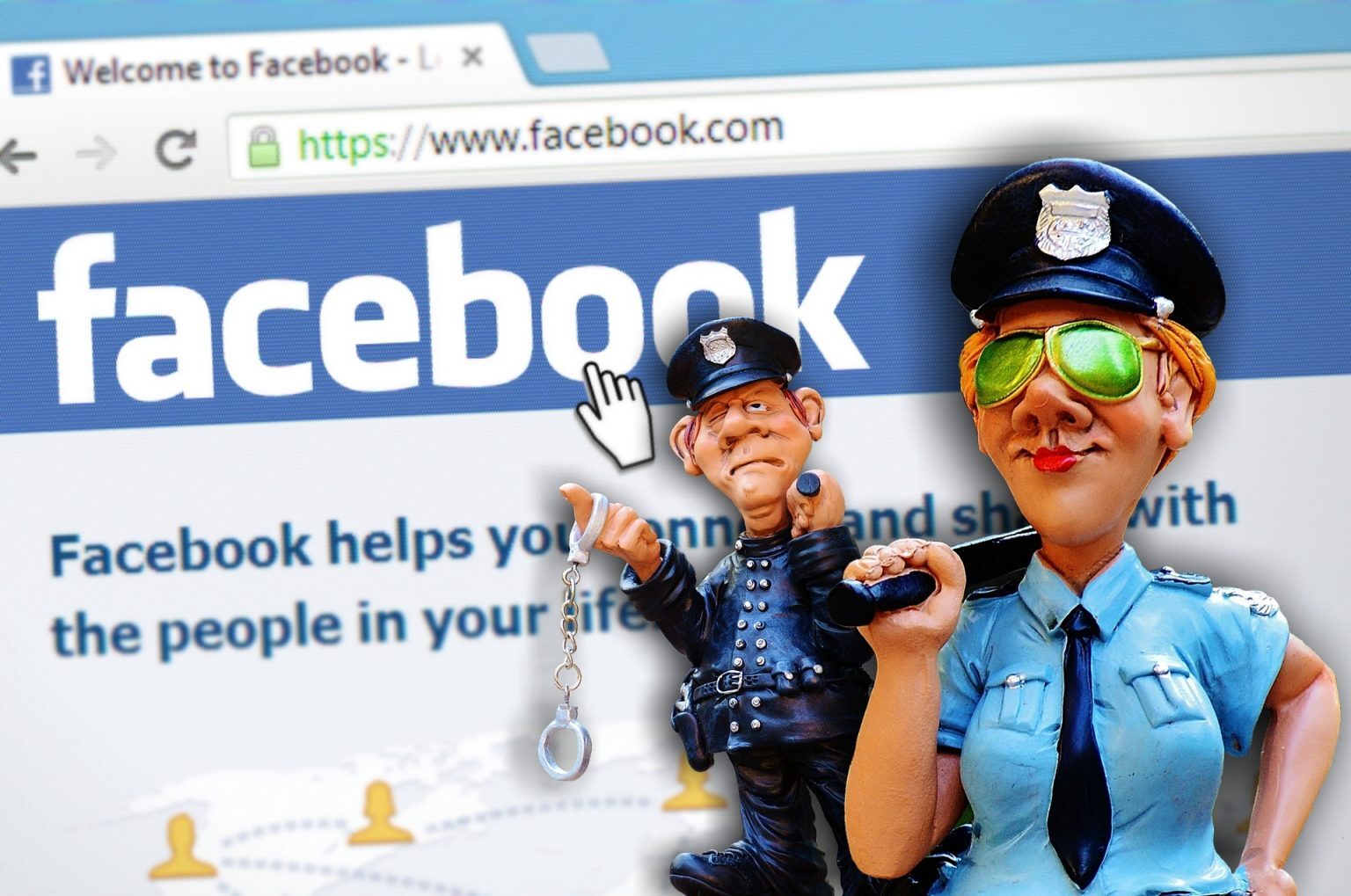While the potential benefits or drawbacks of children playing video games receives a lot of attention, little notice is taken of the place of children within video games themselves. However, the representation of children in media can tell us a lot about how they are viewed by society, and the rules, beliefs, and social systems that shape contemporary children’s place in the world. My recent research looked at how children were represented in over 500 commercially successful and critically acclaimed video games, published between 2009 and 2019. These included games aimed both at adults and at children. I found that there were…
Author: The Conversation
Luxury fashion house Prada has a scheme for customers who want something even more exclusive than its usual range of clothing and accessories. Each month, on a first-come first-served basis, the Time Capsule Collection offers ultra-limited editions of Prada products. They’re only on sale for 24 hours, with purchases delivered straight to customers’ doors. For the new June edition, there’s an extra twist. Those who buy one of only 100 black and white button-down shirts by Cassius Hirst, son of renowned British artist Damien, will receive an NFT (non-fungible token) as part of the experience. They are GIFs of the black…
New rules on mobile app stores could trigger a wave of creative, cheaper apps with more privacy options for users. Every budding developer dreams of creating an app that goes viral and makes lots of money overnight. The Angry Birds game became a worldwide phenomenon within weeks when it launched in 2009 and made US$10 million (£8 million) in its first year. But, overall, the numbers make it clear that mobile apps don’t guarantee wealth. A 2021 study showed just 0.5% of consumer apps succeed commercially . Developers have to jostle for attention among the almost 3 million apps and games on Google…
Hate propagated on social media and other online spaces has grown exponentially in the past couple of years, driven to a significant degree by the COVID-19 pandemic. The occupation of Ottawa earlier this year by the so-called “freedom convoy” also exposed an increasingly worrisome relationship between online and offline environments. Making things worse It is difficult to argue against the motivations for the proposed anti-hate bill. At the same time, the discourse around the proposed bill is rapidly becoming fraught. There are serious concerns about the scope and unexamined assumptions of the bill which will result in legislation that is overly broad…
We use internet-connected devices to access our bank accounts, keep our transport systems moving, communicate with our colleagues, listen to music, undertake commercially sensitive tasks – and order pizza. Digital security is integral to our lives, every day. And as our IT systems become more complex, the potential for vulnerabilities increases. More and more organisations are being breached, leading to financial loss, interrupted supply chains and identity fraud. The current best practice in secure technology architecture used by major businesses and organisations is a “zero trust” approach. In other words, no person or system is trusted and every interaction is…
Video games are increasingly incorporating blockchains, the decentralised databases that underpin cryptocurrencies, as well as NFTs and other “digital assets”. New games are emerging expressly to support blockchain technology, while traditional games are being updated to incorporate blockchains. As of October 2021, “crypto gaming” accounted for more than half of the blockchain activity over that quarter. At the same time, a treasury inquiry has led to consumer groups calling for regulation in the crypto market. Crypto evangelists say blockchains are the future of gaming, and crypto gaming is ushering in “Web3” – the so-called next iteration of the internet built on blockchain technology. How…
The chief operating officer of South Africa’s electricity utility, Eskom, warned in May that the government should urgently start building new generating capacity. He was referring to a new build programme which has existed for at least a decade. The country’s Integrated Resource Plan of 2019, a cabinet approved document, sets out the timelines for decommissioning coal-fired power stations and adding 44GW of new capacity, including 18GW of wind energy and 8GW of solar (photovoltaic). Read more: South Africa’s future energy mix: wind, solar and coal, but no nuclear The country is already way behind on this programme, limping along with antique power stations…
It was the veritable search for a needle in a haystack. With drug-resistant bacteria on the rise, researchers at MIT were sifting through a database of more than 100 million molecules to identify a few that might have antibacterial properties. Fortunately, the search proved successful. But it wasn’t a human who found the promising molecules. It was a machine learning program. One compound has been patented under the name Halicin in homage to HAL, the artificial intelligence (AI) in Arthur C Clarke’s classic 2001: A Space Odyssey. Halicin works differently from existing antibiotics, disrupting the bacteria’s ability to access energy, and researchers hope…
The first serious accident involving a self-driving car in Australia occurred in March this year. A pedestrian suffered life-threatening injuries when hit by a Tesla Model 3, which the driver claims was in “autopilot” mode. In the US, the highway safety regulator is investigating a series of accidents where Teslas on autopilot crashed into first-responder vehicles with flashing lights during traffic stops. A Tesla model 3 collides with a stationary emergency responder vehicle in the US. NBC / YouTube The decision-making processes of “self-driving” cars are often opaque and unpredictable (even to their manufacturers), so it can be hard to determine who should be held accountable…
For hundreds of millions of years, Earth’s climate has warmed and cooled with natural fluctuations in the level of carbon dioxide (CO₂) in the atmosphere. Over the past century, humans have pushed CO₂ levels to their highest in 2 million years – overtaking natural emissions – mostly by burning fossil fuels, causing ongoing global warming that may make parts of the globe uninhabitable. What can be done? As Earth scientists, we look to how natural processes have recycled carbon from atmosphere to Earth and back in the past to find possible answers to this question. Our new research published in Nature, shows how tectonic plates, volcanoes,…










